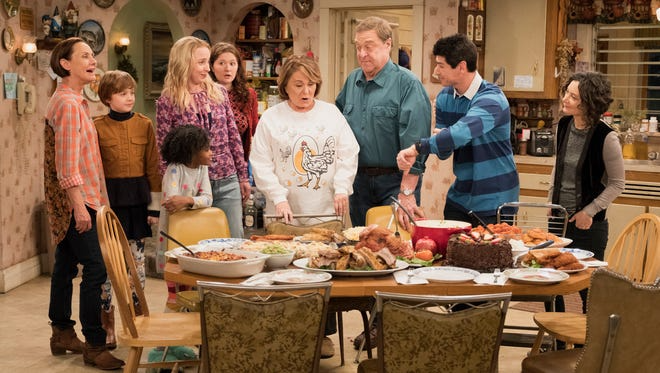
For a sitcom as groundbreaking and influential as “Roseanne,” expectations were understandably high as it approached its final episode. However, when the series concluded with its ninth season, many viewers and critics alike were left underwhelmed by what seemed like an anticlimactic ending. Despite its years of success and cultural impact, “Roseanne’s” last episode failed to deliver the closure or memorable moments fans had hoped for.
Lack of Resolution:
One of the primary criticisms leveled against the final episode of “Roseanne” is its lack of resolution. After nine seasons of following the trials and tribulations of the Conner family, viewers were left with loose ends and unanswered questions. The abruptness of the conclusion left fans feeling unsatisfied, as storylines were left unresolved and character arcs were left hanging.
Departure from Realism:
Throughout its run, “Roseanne” was praised for its realistic portrayal of working-class life, tackling issues such as poverty, healthcare, and family dynamics with honesty and authenticity. However, the final episode departed from this grounded approach, opting instead for a surreal and fantastical storyline involving a lottery win and a drastic change in the Conner family’s fortunes. This departure from the show’s core identity left many fans feeling disconnected and disappointed.
Lack of Emotional Weight:
Another criticism of the final episode of “Roseanne” is its lack of emotional resonance. Unlike other series finales that elicit tears and nostalgia, the concluding episode of “Roseanne” failed to evoke a strong emotional response from viewers. Instead of reflecting on the journey of the characters and the impact they had on audiences, the episode felt like just another installment in a long-running series, devoid of the sentimentality one might expect from a farewell episode.
Missed Opportunities:
In addition to its lackluster conclusion, the final episode of “Roseanne” missed several opportunities to pay homage to the show’s legacy and celebrate its contributions to television. Instead of reflecting on the show’s impact or providing closure for its characters, the episode felt rushed and haphazardly thrown together, leaving fans feeling disappointed and let down.
Conclusion:
In the annals of television history, the final episode of “Roseanne” stands out as a missed opportunity. Instead of providing a fitting send-off for a beloved series, it fell short of expectations, leaving fans feeling unsatisfied and unfulfilled. While “Roseanne” will always hold a special place in the hearts of its viewers, its last episode serves as a reminder that even the most iconic of shows are not immune to disappointment.
